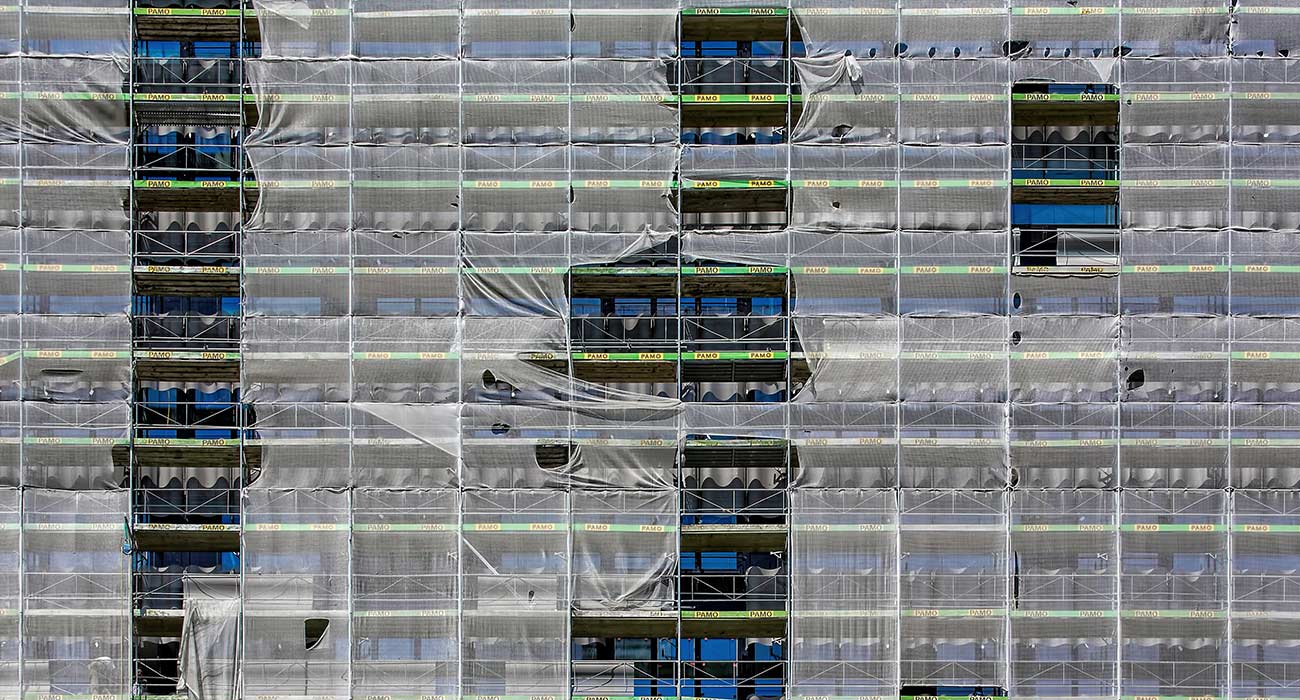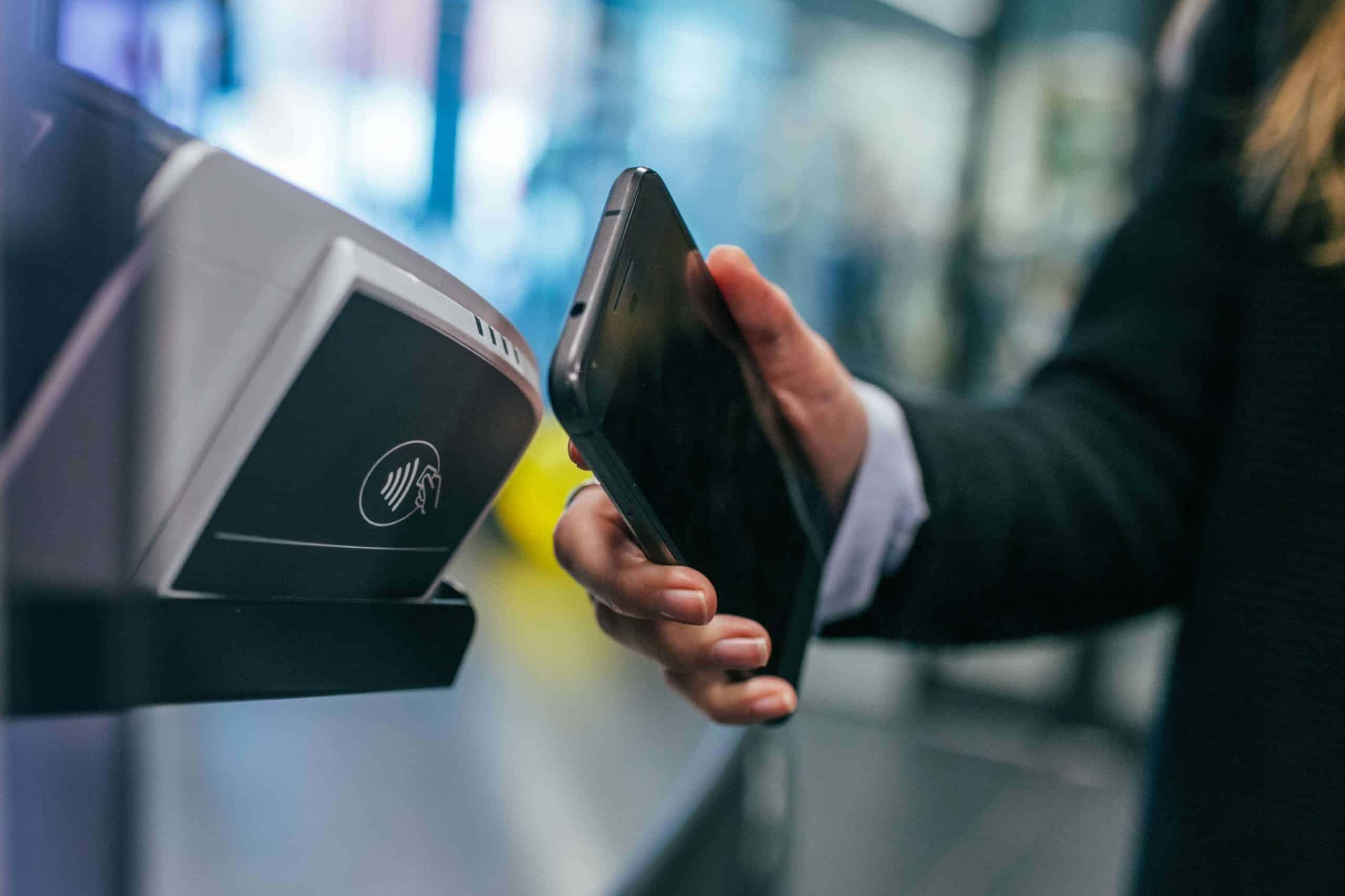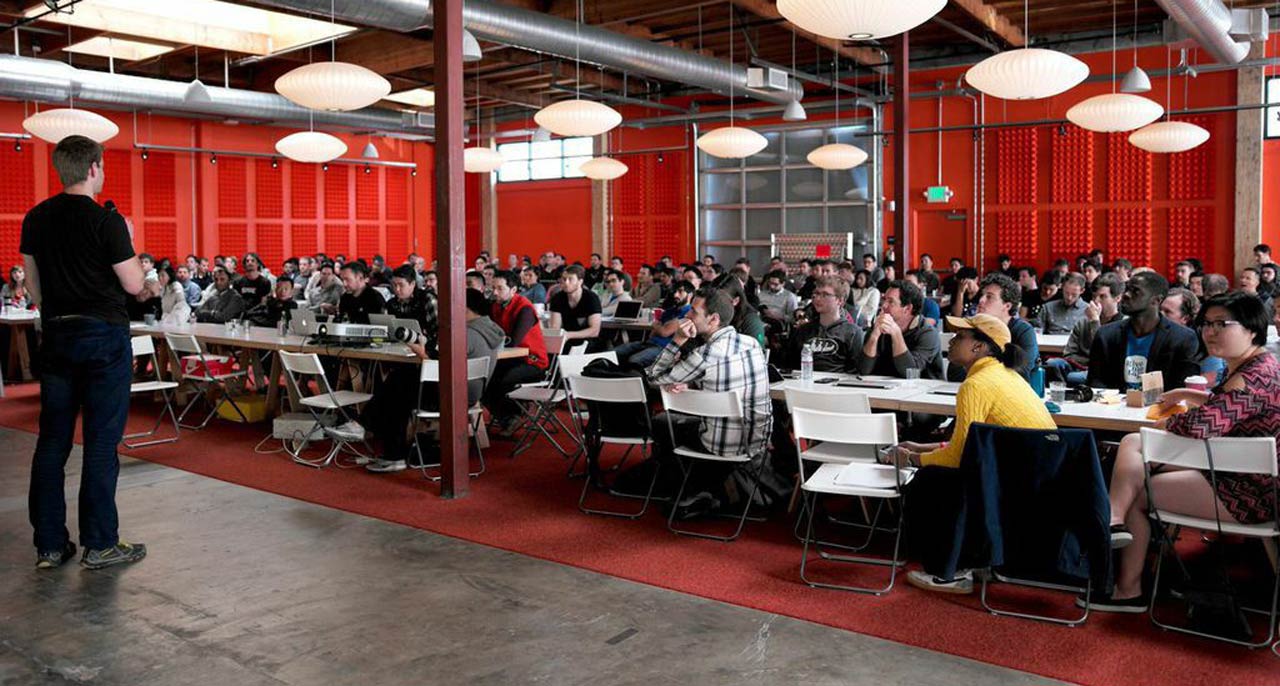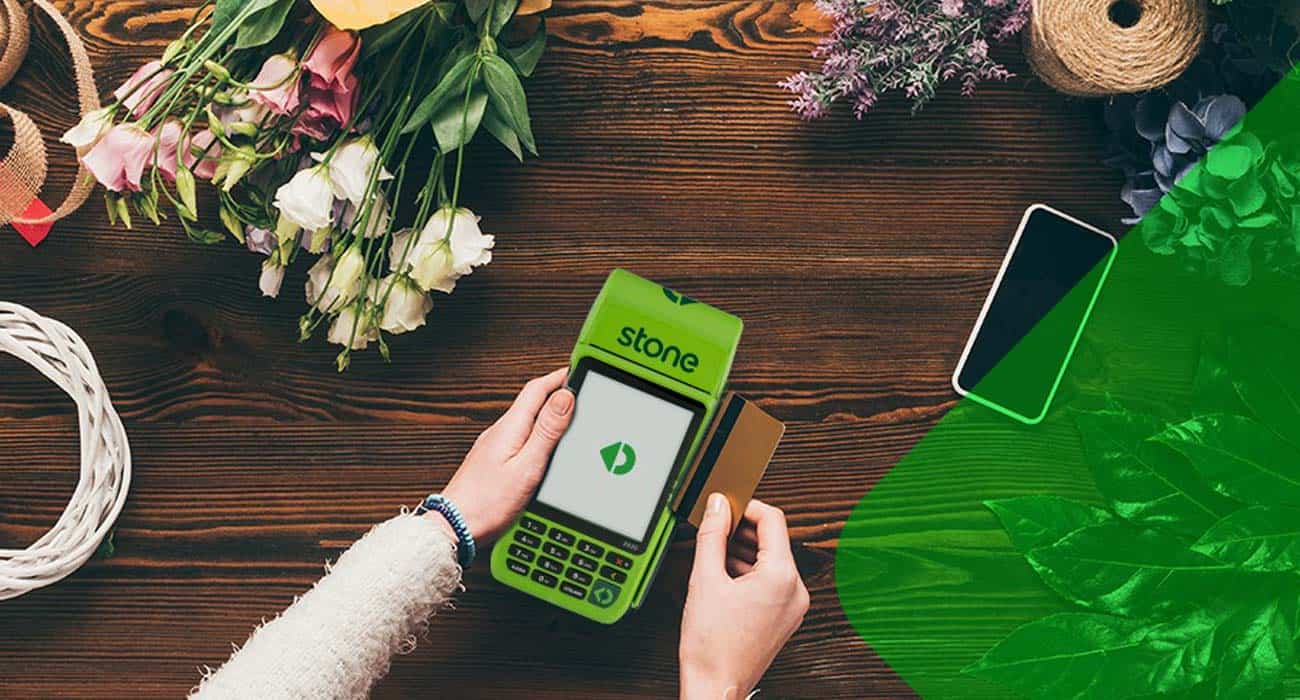Contxto – Where there’s a disjointed industry, there’s a business opportunity. And for Brazilian entrepreneurs, Pedro Dellagnelo and Pedro Rocha, the construction materials market still had a big brick and mortar approach in need of updating.
And amidst the pandemic, they launched their marketplace Oico and with four months of operating, it’s already closed an investment for US$1.5 million. Round participants included MAYA Capital, FJ Labs, as well as a few unnamed angels.
As our Data Manager, Salvador, rightly pointed out, at the time at which this article was written, the startup doesn’t seem to even have a fully-functioning website.
Yet the startup’s already closed over a million bucks and was accepted into Y Combinator’s latest batch.
The startup’s immediate plans are to improve the purchasing features and service for its platform.
The rise of specialized marketplaces
Coronavirus is pushing e-commerce to new levels throughout Latin America. And “all-encompassing” marketplaces like Mercado Libre or Amazon are nice for buying basic consumer goods (or junk you’ll just dump in your closet later).
But these platforms don’t necessarily address a specific industry’s needs. As a result, I expect more specialized marketplaces to arise and gain a foothold.
[wd_hustle id=”InArticleOptin” type=”embedded”/]
Smaller players might not have the resources that consolidated e-commerce sites possess. But by focusing on a specific niche, they can dominate. This is through not only offering a larger variety of items but also by providing extras that are unique to that industry.
For example, pet goods platform LAIKA showcases and delivers over 4,000 products for our four-legged friends in Colombia. But it also connects owners with other services like veterinary care and dog walkers.
I love Amazon for buying Funkos, but I know it won’t ever give a damn about my cat the way LAIKA does.
More marketplaces like Oico?
But even before the Covid-19 outbreak, there were already some specialized marketplaces. It’s best shown in agribusiness with e-commerce sites like Argentine Agrofy and Brazilian InstaAgro.
But it’s quickly spreading into other verticals.
Rapicare, a Brazilian startup that connects small healthcare centers with suppliers raised US$1 million last month. Now there’s São Paolo-based Oico for the construction industry to obtain materials.
Will more pop up soon? Don’t doubt it.
Related articles: Tech and startups from Brazil!
-ML






